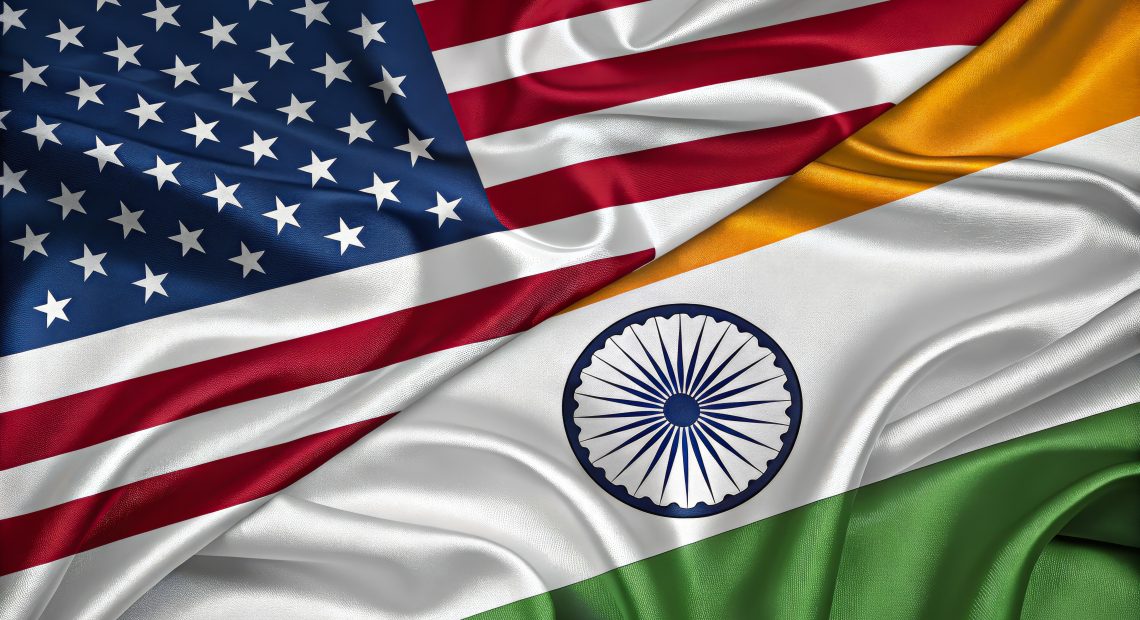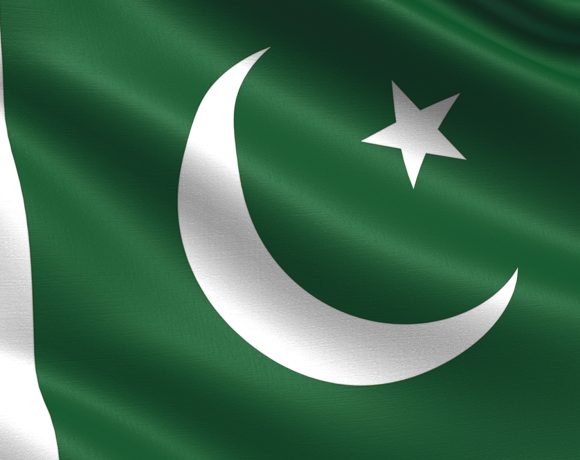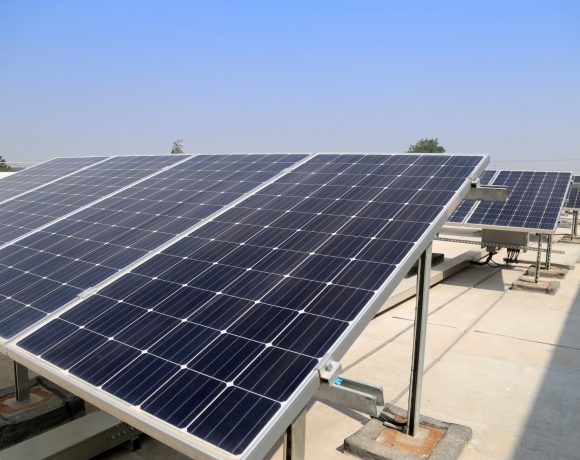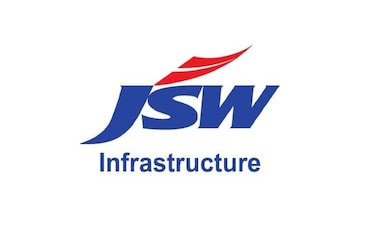
India Plans Retaliatory Tariffs on U.S. Goods Amid Trade Row
India has escalated trade tensions with the United States by formally notifying the World Trade Organization (WTO) of its intent to impose retaliatory tariffs on select U.S. goods. The decision comes in response to Washington’s recent 25% safeguard duties on automobile and auto part imports. This marks a hardened stance by New Delhi just days before a July 9 deadline for concluding a potential bilateral trade deal.
“India reserves the right to suspend concessions or other obligations … that are substantially equivalent to the adverse effects of the measure to India’s trade,” the WTO filing declared. The move comes as India estimates that these U.S. tariffs have impacted $2.89 billion worth of its exports and generated approximately $725 million in additional duties.
India Prepares WTO-Backed Response
India’s WTO filing stops short of naming specific U.S. goods but makes clear that countermeasures equivalent in value to the American tariffs are on the table. This includes the possibility of broadening the list of affected goods or modifying duty rates. The measure is directed at the U.S. safeguard tariffs introduced on May 3 targeting imports of passenger vehicles, light trucks, and parts.
India’s decision is consistent with WTO rules under the General Agreement on Tariffs and Trade (GATT), and the Agreement on Safeguards, which allows countries to rebalance trade benefits when hit by unjustified restrictions. The notification sets the stage for a 30-day consultation window, after which India could move forward with duties unless a resolution is reached.
Trade Talks Face Tight Deadline
The retaliatory move casts a shadow over ongoing efforts to finalize a limited trade agreement before July 9. U.S. President Donald Trump had set that date as a deadline, warning that failure could trigger a sweeping 26% tariff on all Indian goods entering the U.S. market.
While both sides have expressed intent to reach an agreement, sticking points remain. India has shown willingness to reduce tariffs on some American exports like LNG, almonds, and apples. However, it continues to oppose U.S. demands for full market access to its dairy and agricultural sectors. Commerce Minister Piyush Goyal reiterated that India will not rush into any deal that does not align with “national interest.”
Strategic Pushback Amid Growing Friction
This latest action is part of a broader pattern of assertiveness by India in global trade forums. In recent months, India has challenged U.S. steel and aluminum tariffs at the WTO and emphasized the need for fair and reciprocal trade relationships.
While the U.S. continues to court India as a strategic partner to counterbalance China, trade friction remains a persistent irritant. India’s move to signal retaliation without derailing dialogue reflects a carefully calibrated approach—asserting its trade interests while still leaving room for negotiation.
As the July 9 deadline nears, both countries face mounting pressure to reach a workable deal. The outcome could determine whether economic cooperation deepens or the current tariff standoff escalates into a broader trade conflict.


















